Delegate Ta Van Ha cited the example of his child going to high school, whose family bought insurance from a foreign company, but still had to pay for health insurance.
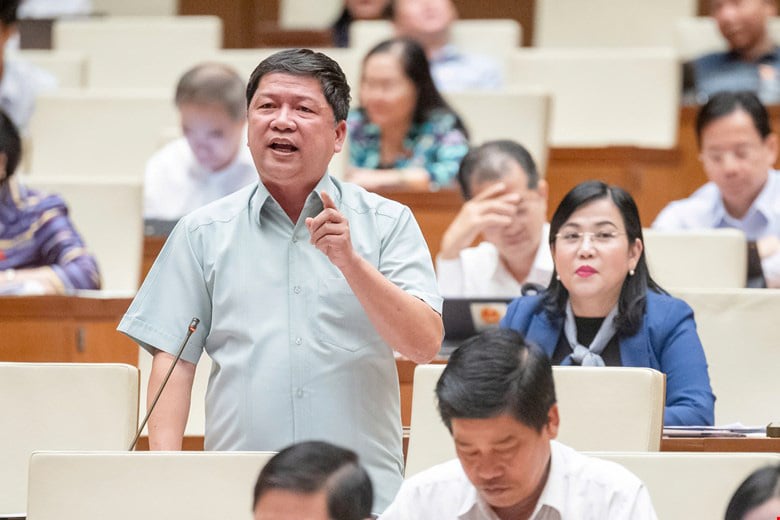
Delegate Ta Van Ha (Quang Nam province delegation) - Photo: GIA HAN
On the afternoon of October 31, many opinions of delegates pointed out the shortcomings in regulations on payment for medicine and medical examination and treatment related to health insurance that need to be adjusted in the draft Law on Health Insurance (amended).
Delegate Ta Van Ha (Quang Nam) pressed the debate button and raised the following issues: "In addition to the issue of which subjects pay and which subjects do not pay, the most pressing issue for voters is that the medical service has too many shortcomings and too many complications, leading to discomfort for patients."
From recording the actual opinions of insurance participants, Mr. Ha listed a series of frustrations: "Waiting for a medical examination is very tiring and overwhelming; many people with health insurance tell each other to go out for a quick examination, because the quality of medicine and payment attitude are very bad."
Mr. Ha added that when he investigated why there was a shortage of medicine in health insurance activities, he found out that there was a problem with the payment standards of each medical facility; the time, procedures, and payment appraisal procedures of health insurance were also slow.
Not to mention that some drugs are covered and some are not. In addition, there is also the situation of late payment of insurance to medical facilities. Therefore, if the quota is exhausted, there will be no more drugs to give the appropriate type.
"Voters are upset because they have paid for insurance but the quality of insurance services has not met people's needs, so that is the key issue causing frustration," Mr. Ha emphasized.
In this amendment to the law, Mr. Ha suggested that the insurance industry make health insurance activities public and transparent. This would include clearly announcing the total amount of money collected each year, how it is specifically divided, how it is spent, and how much is lacking or surplus so that there is a monitoring mechanism.
On the other hand, to improve the quality and insurance services, Mr. Ha suggested creating opportunities for many other economic sectors to continue participating in this health insurance market. Only then will there be competition and people will have more choices.
"Now that my child is in high school, he is required to buy health insurance. His mother bought insurance from a foreign company for him, but now it is not recognized, and the family still has to pay for it," said Mr. Ha.
According to Mr. Ha: "All insurance is insurance, in terms of medical services, it is clear that insurance companies provide better care for customers. Therefore, now there must be parallel regulations for purchasing one of the two types of insurance.
If it is mandatory to buy like it is now, there is something exclusive here. If this can be eliminated, it will be a breakthrough to improve the quality of insurance."
Increase the attractiveness of health insurance with home medical examination and treatment policy
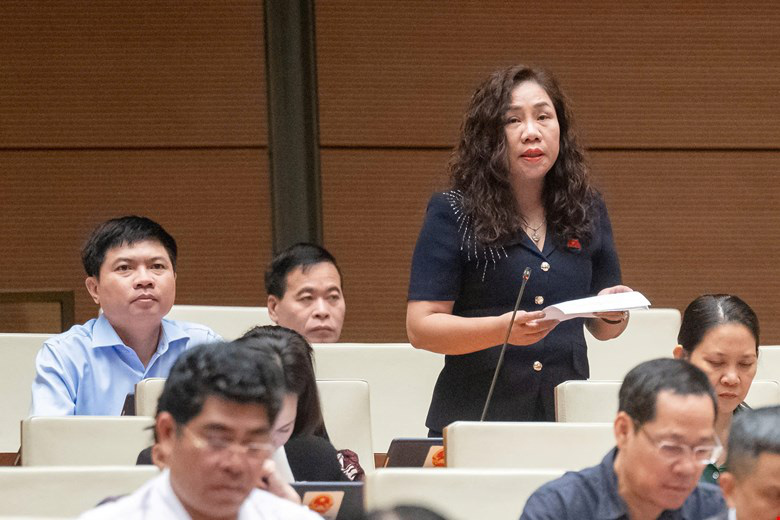
Delegate Tran Thi Hien - Photo: GIA HAN
Delegate Tran Thi Hien (Ha Nam province delegation) said that Resolution 21 of 2017 on population sets a goal that by 2030, 100% of the elderly will have health insurance cards.
The very important and humane meaning of this goal lies in the political determination that by 2030 no elderly person will not have a health insurance card.
Therefore, Ms. Hien requested the drafting agency to review and clarify whether this policy can be implemented with the scope of amendments on health insurance participants in the current bill?
Ms. Hien said that the Government's report on the socio-economic situation stated that up to now, 95% of the elderly have health insurance cards, but then stated the target to strive for in 2025 is only to maintain 95% of the elderly with health insurance cards, which is still lower than the health insurance coverage target of 95.15%.
Meanwhile, we have only 5 years left to reach the goal of all seniors having health insurance cards. Among the 5% of seniors not covered by health insurance, there are those from 60 to under 75 years old who do not have pensions or benefits.
"This is a population group that needs a lot of attention in health care, convenient access to medical services to have a healthy old age. Therefore, I suggest that it is necessary to calculate and integrate policies to achieve this goal, in which I think it is necessary to increase the attractiveness of health insurance by policies to encourage home medical examination and treatment, associated with the orientation of developing family medicine as set out in Resolution 21."
Source: https://tuoitre.vn/dai-bieu-quoc-hoi-dich-vu-bao-hiem-y-te-nhieu-bat-cap-can-cho-tu-nhan-tham-gia-20241031180258219.htm


![[Photo] Discover the beautiful scenery of Wulingyuan in Zhangjiajie, China](https://vphoto.vietnam.vn/thumb/1200x675/vietnam/resource/IMAGE/2025/5/11/1207318fb0b0467fb0f5ea4869da5517)
![[Photo] Prime Minister Pham Minh Chinh chairs the fourth meeting of the Steering Committee for Eliminating Temporary and Dilapidated Houses](https://vphoto.vietnam.vn/thumb/1200x675/vietnam/resource/IMAGE/2025/5/11/e64c18fd03984747ba213053c9bf5c5a)


![[Photo] National Assembly Chairman works with leaders of Can Tho city, Hau Giang and Soc Trang provinces](https://vphoto.vietnam.vn/thumb/1200x675/vietnam/resource/IMAGE/2025/5/11/c40b0aead4bd43c8ba1f48d2de40720e)
![[Photo] The moment Harry Kane lifted the Bundesliga trophy for the first time](https://vphoto.vietnam.vn/thumb/1200x675/vietnam/resource/IMAGE/2025/5/11/68e4a433c079457b9e84dd4b9fa694fe)
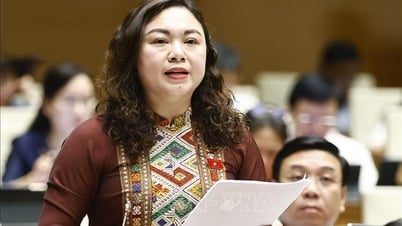

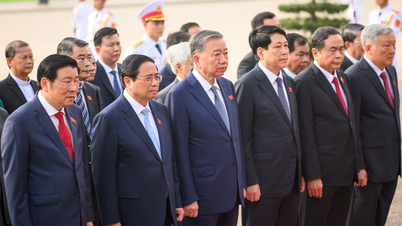
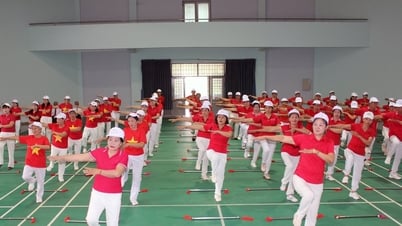























































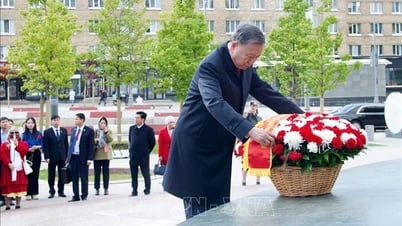










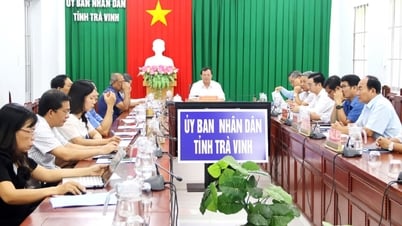


















Comment (0)